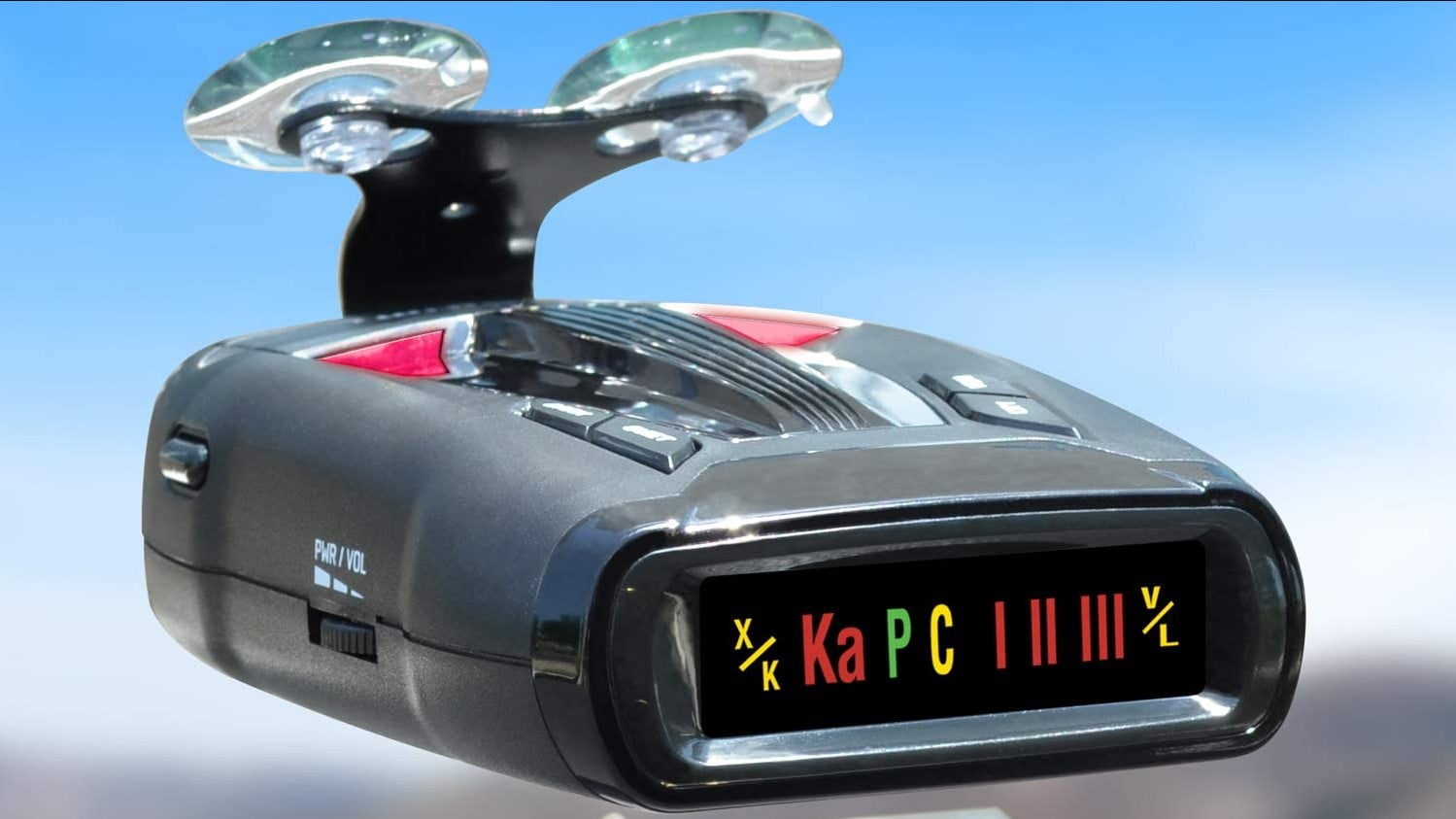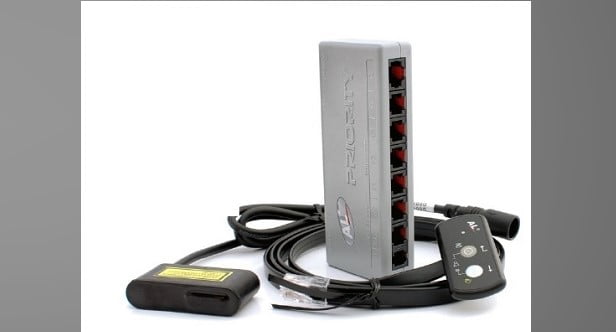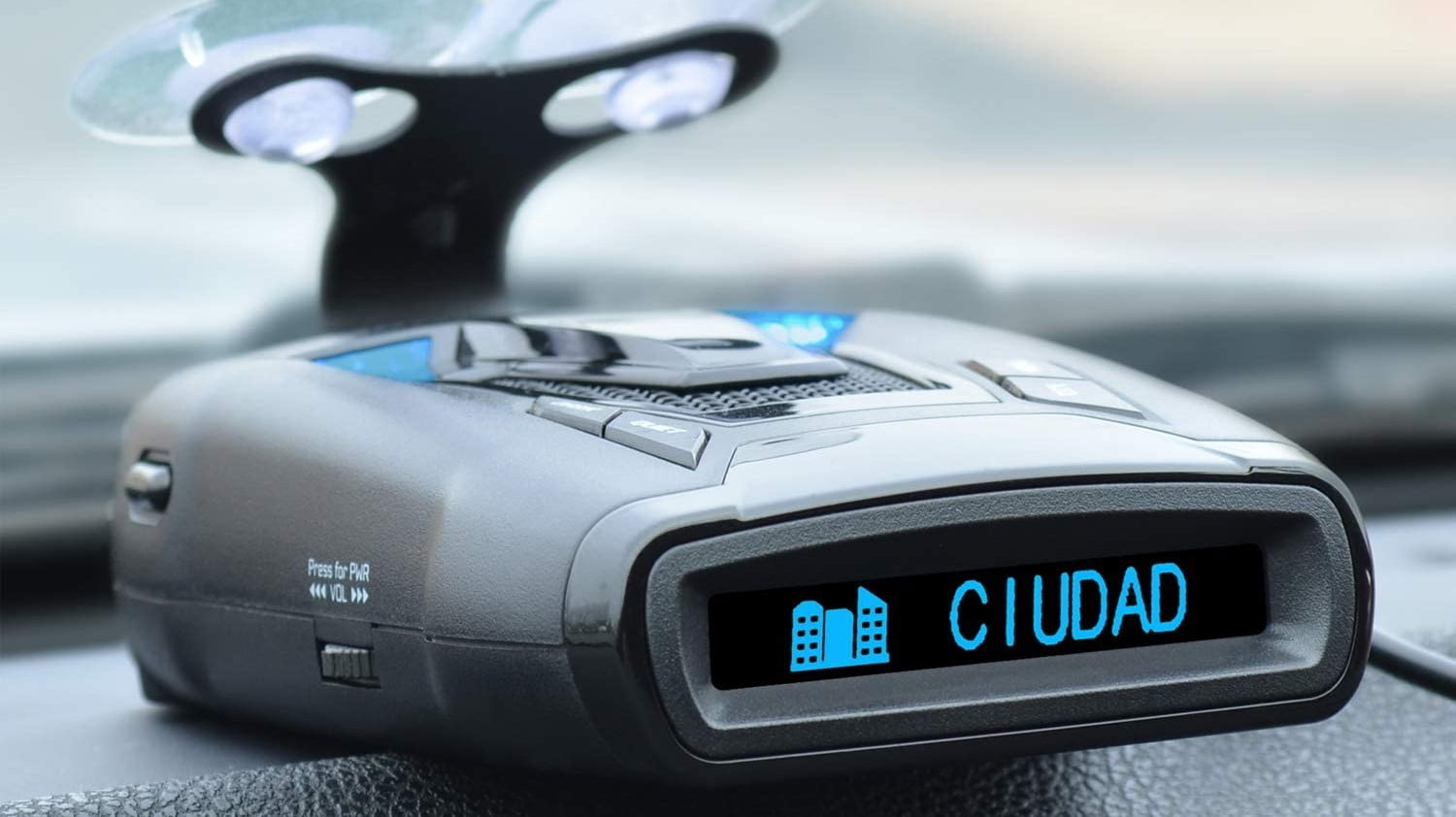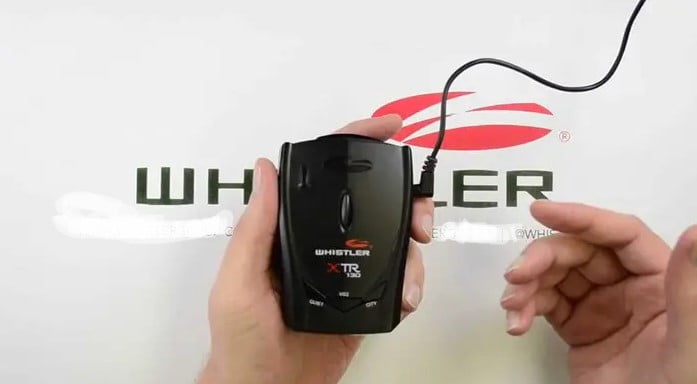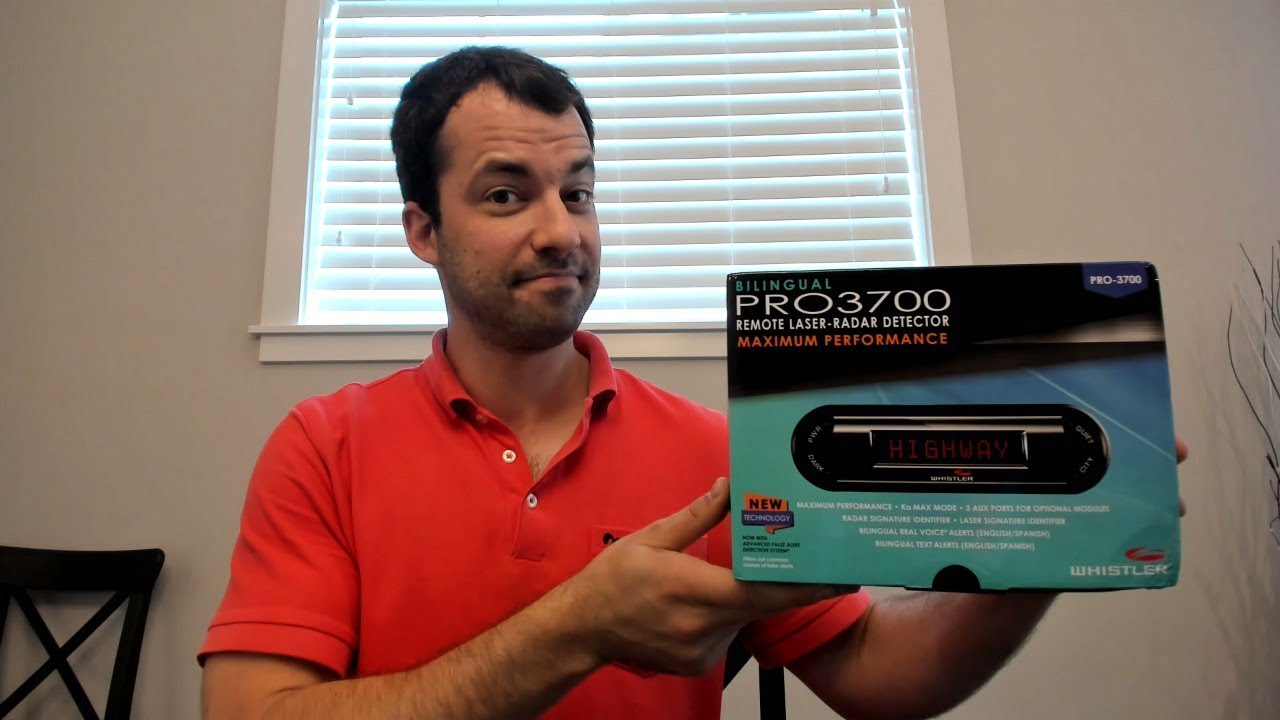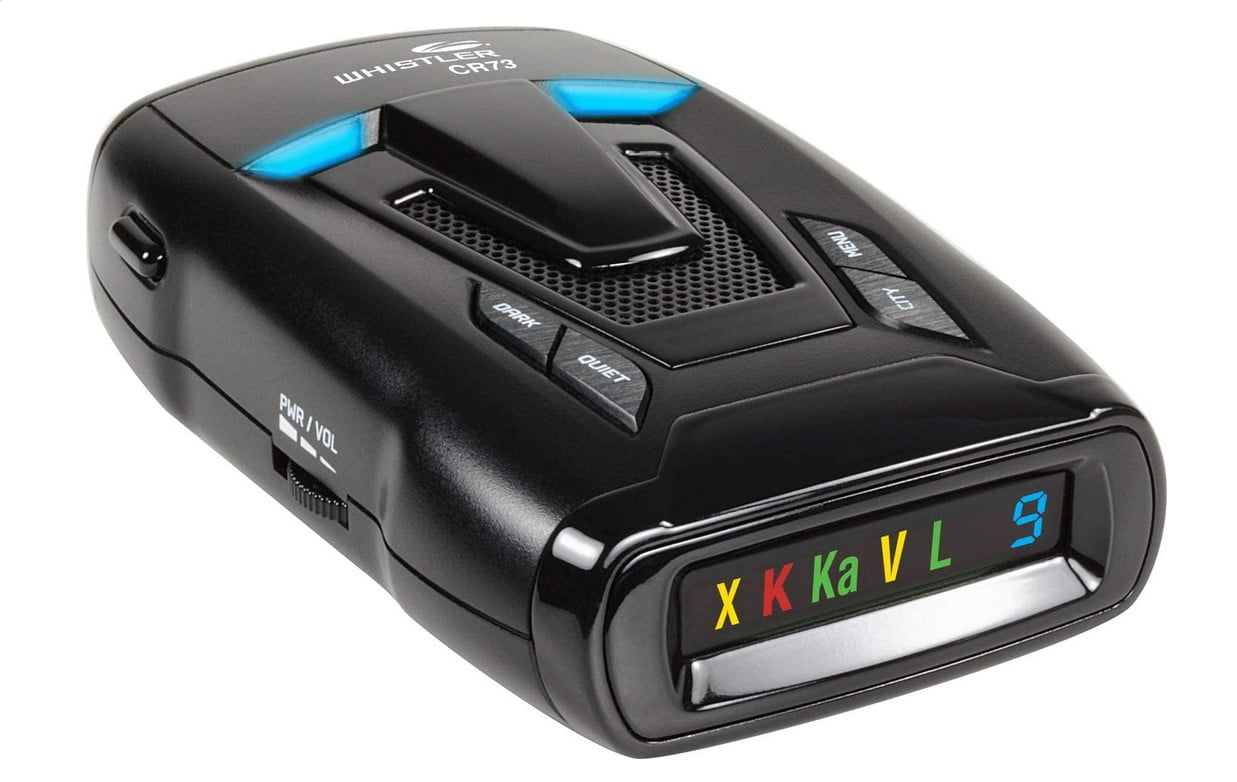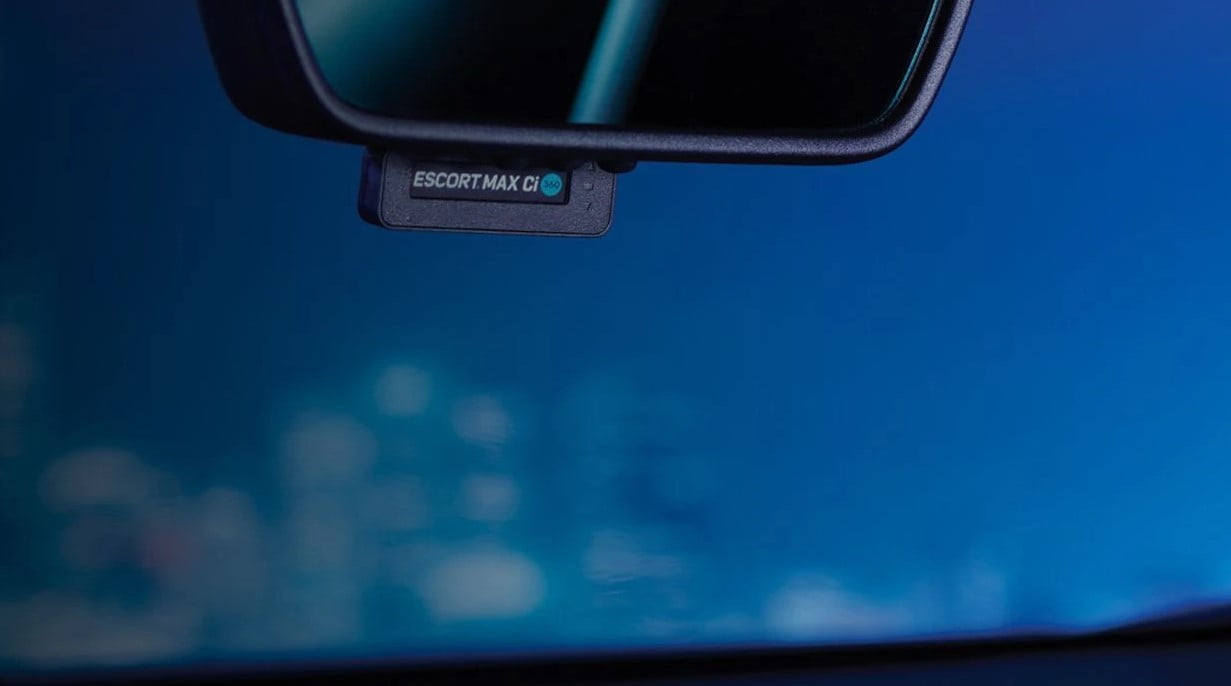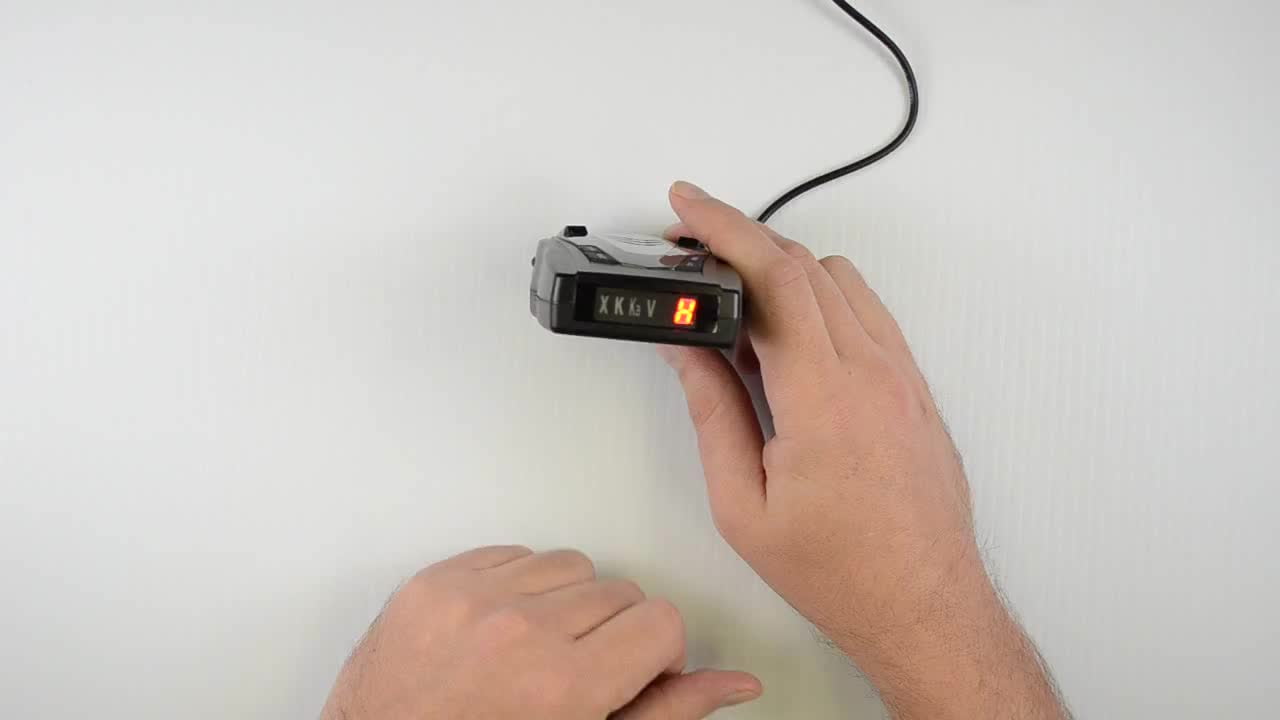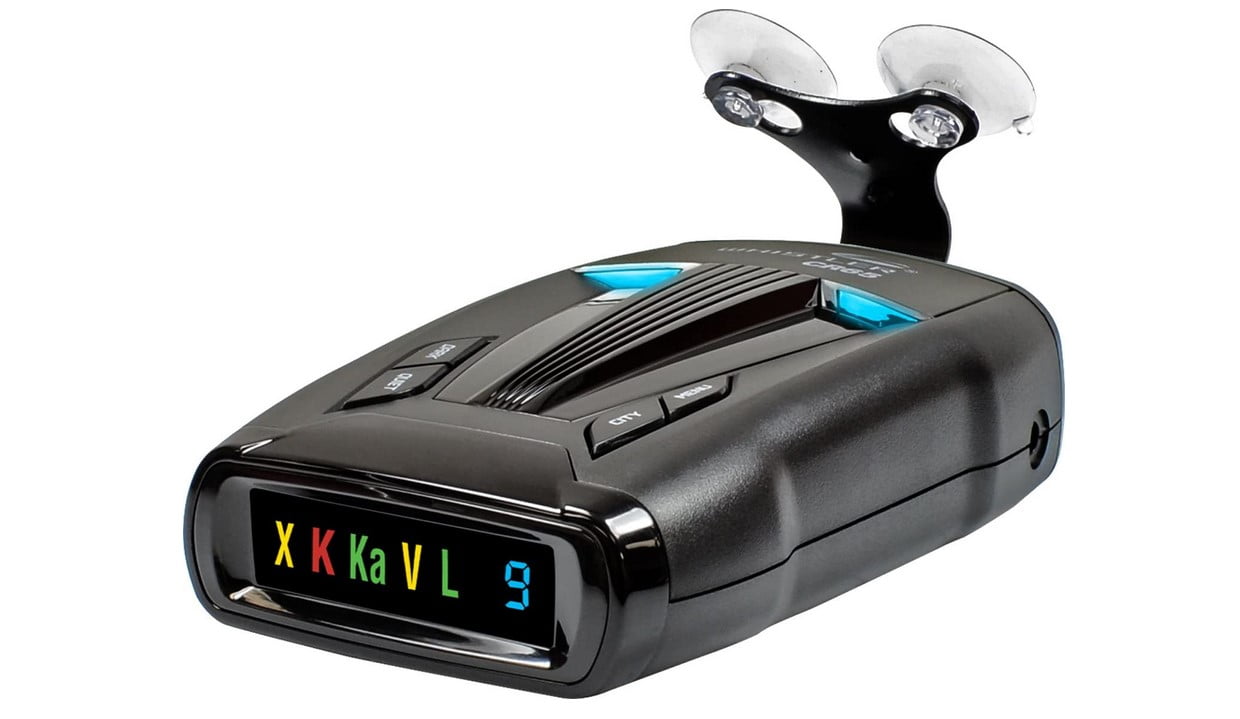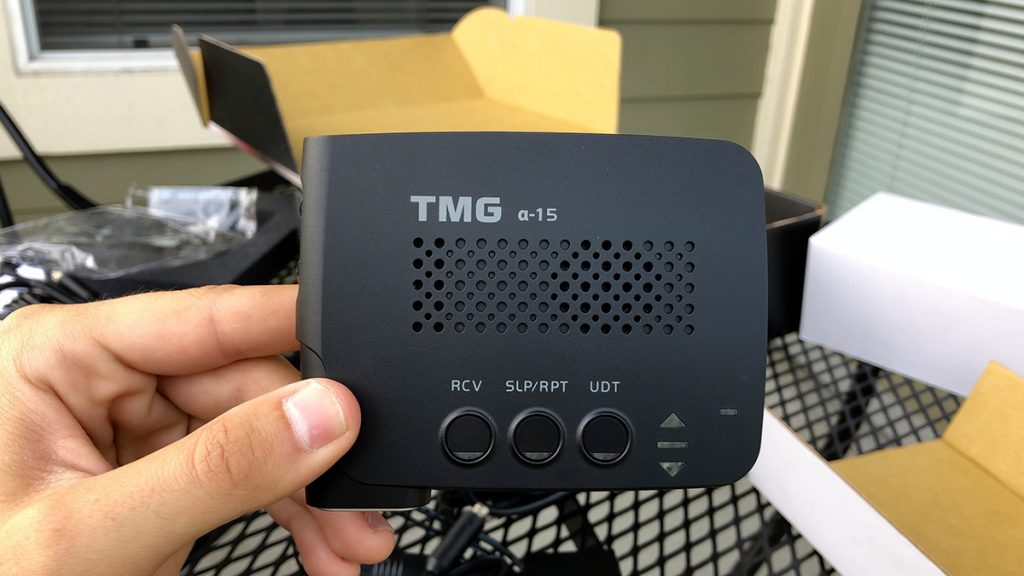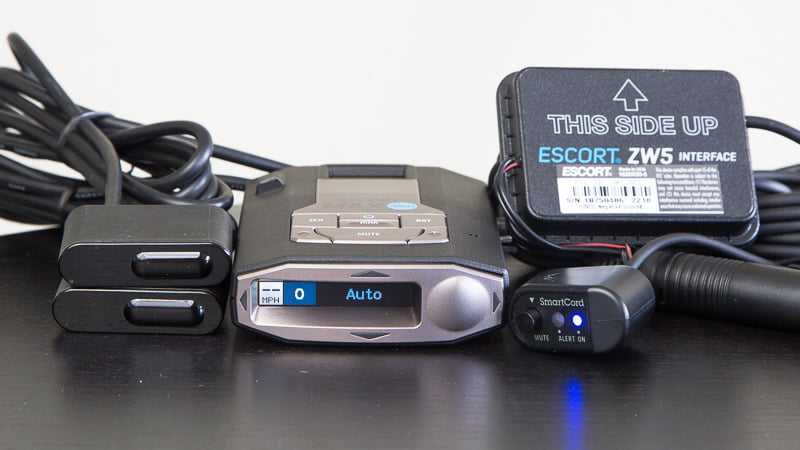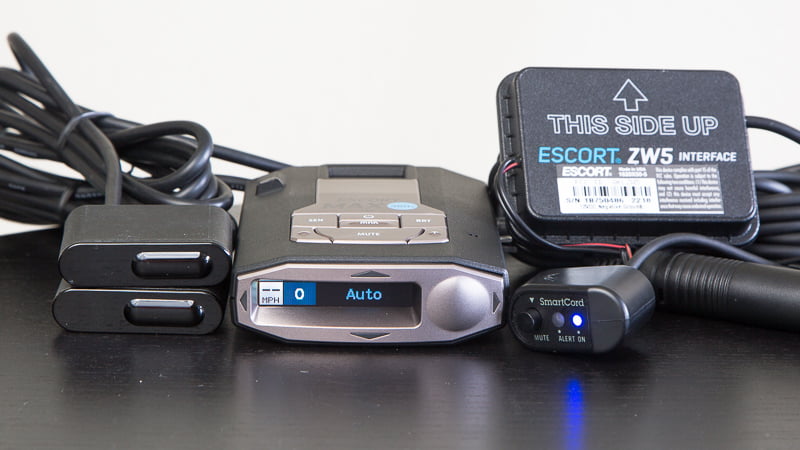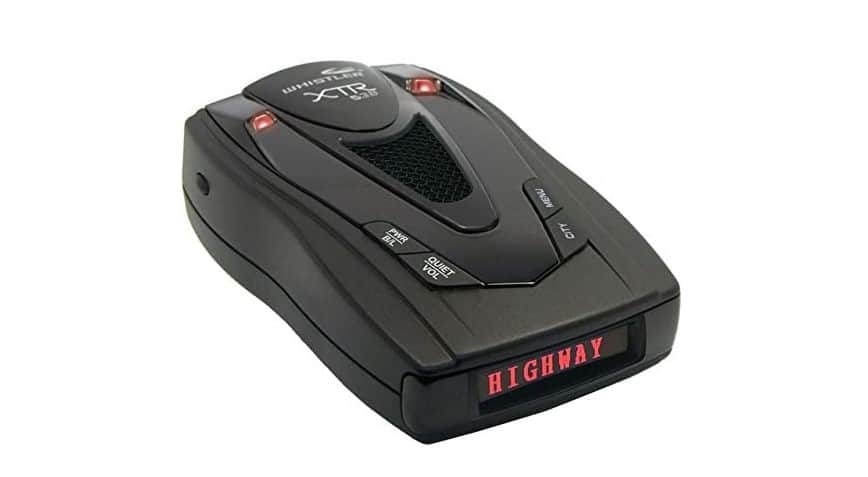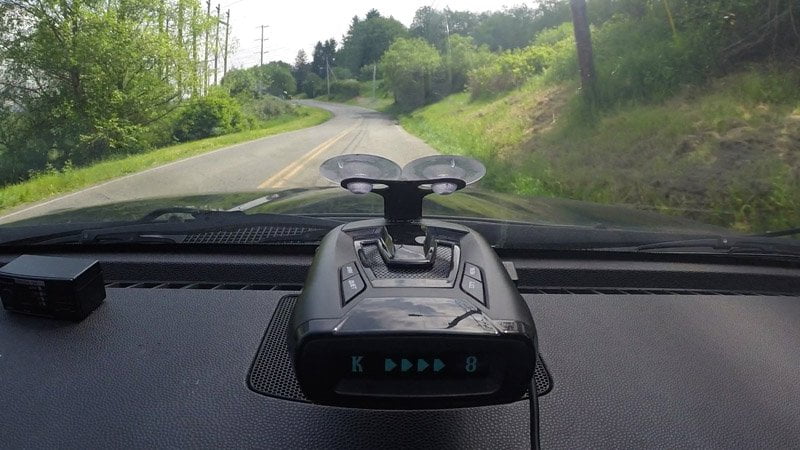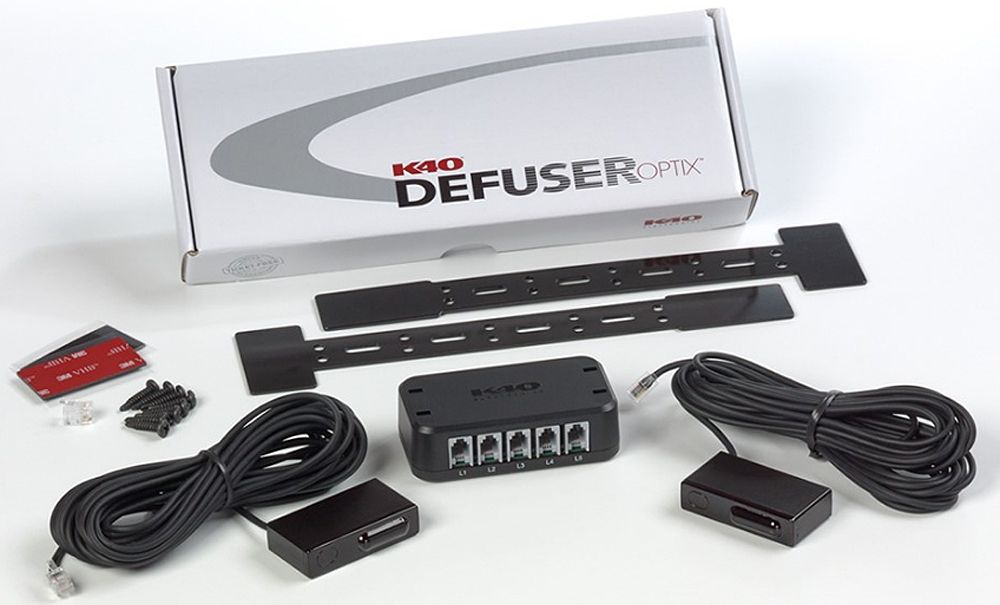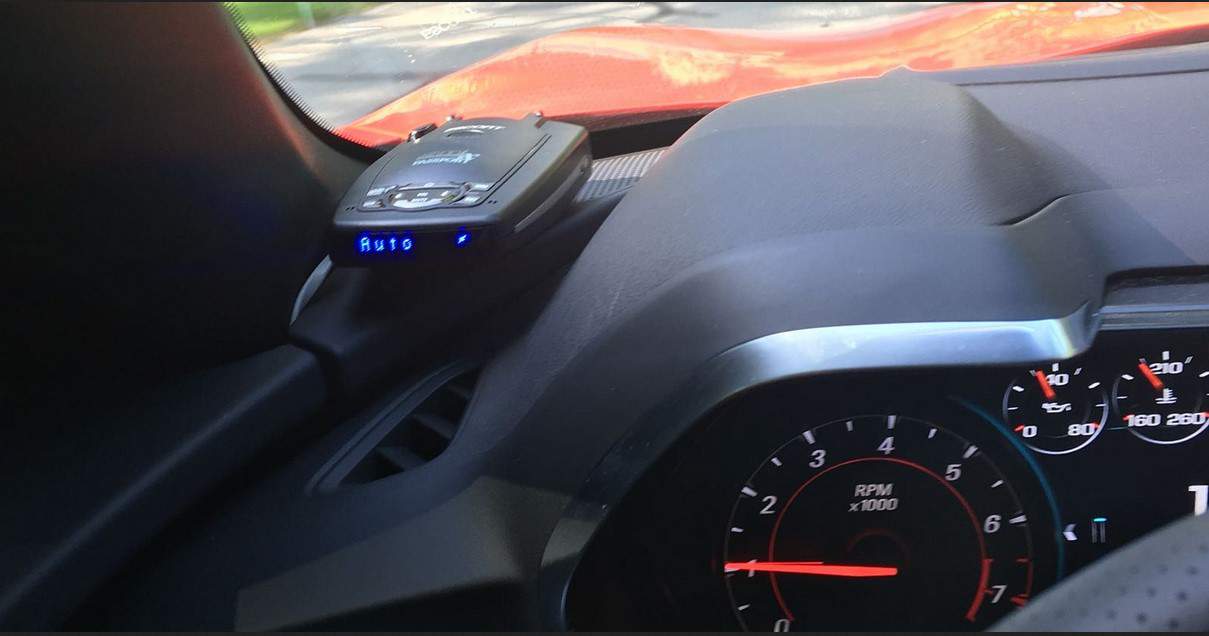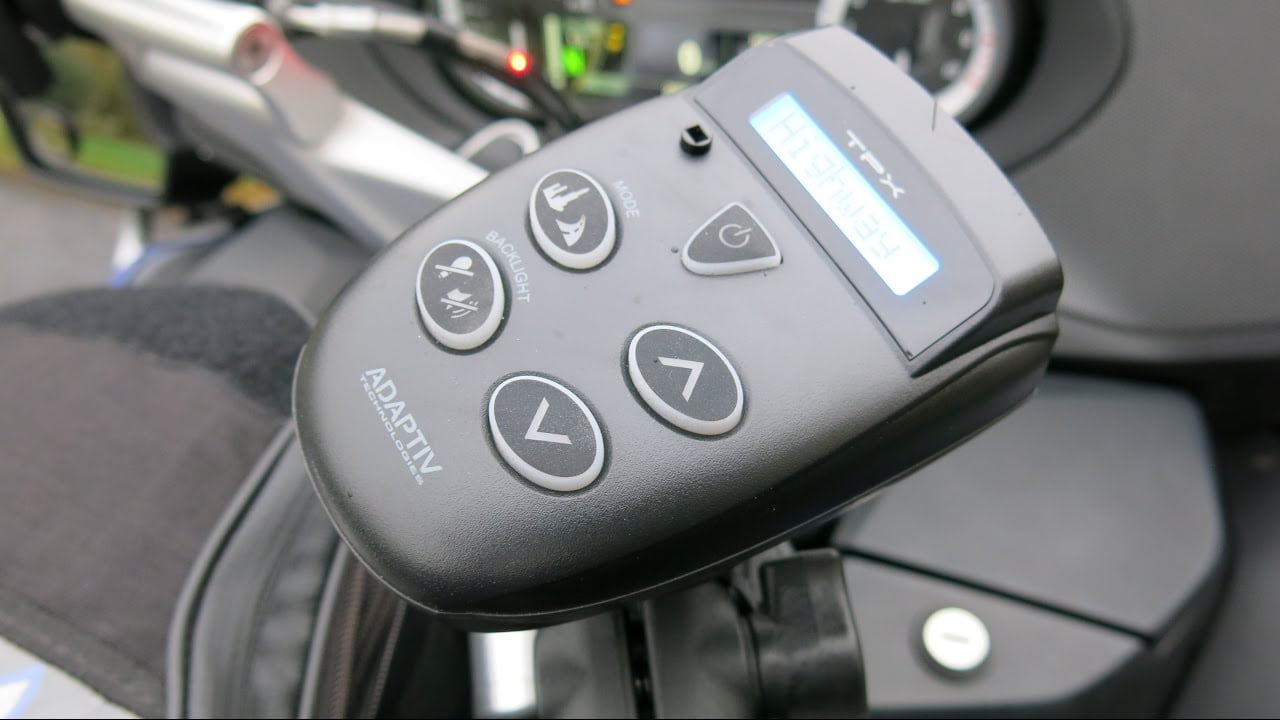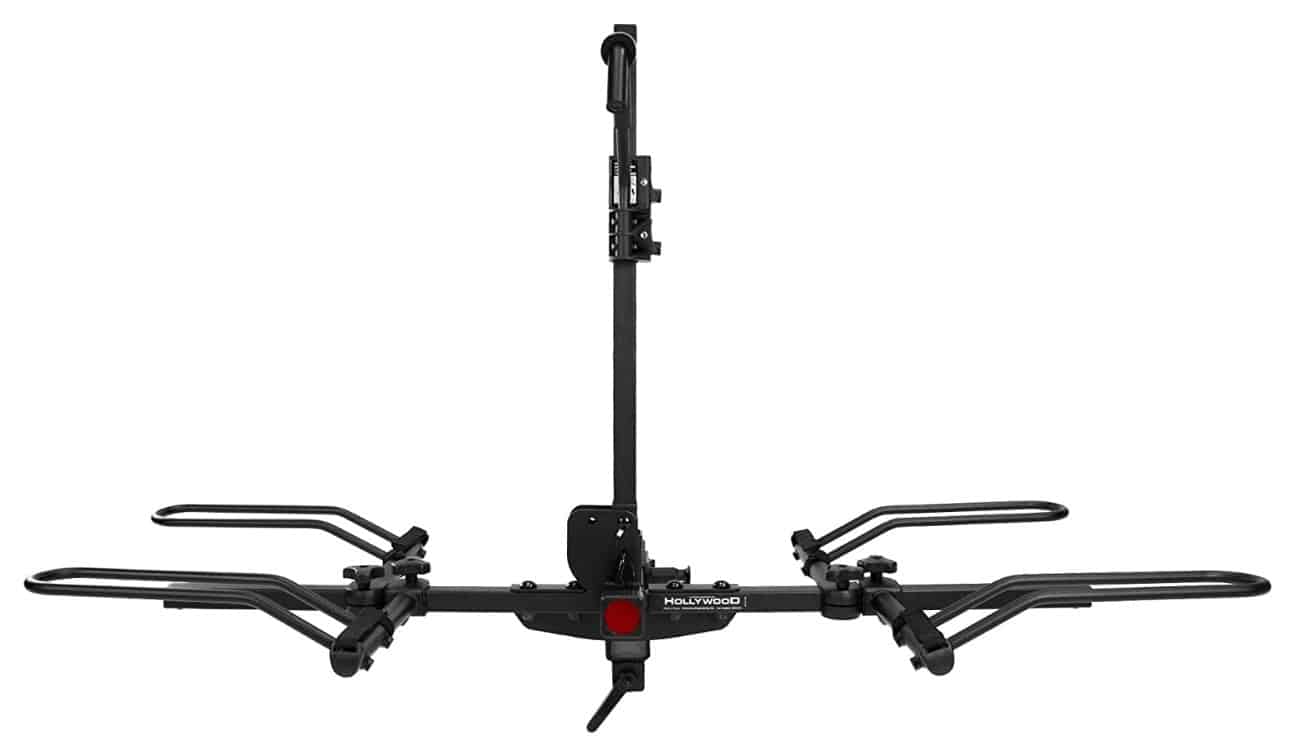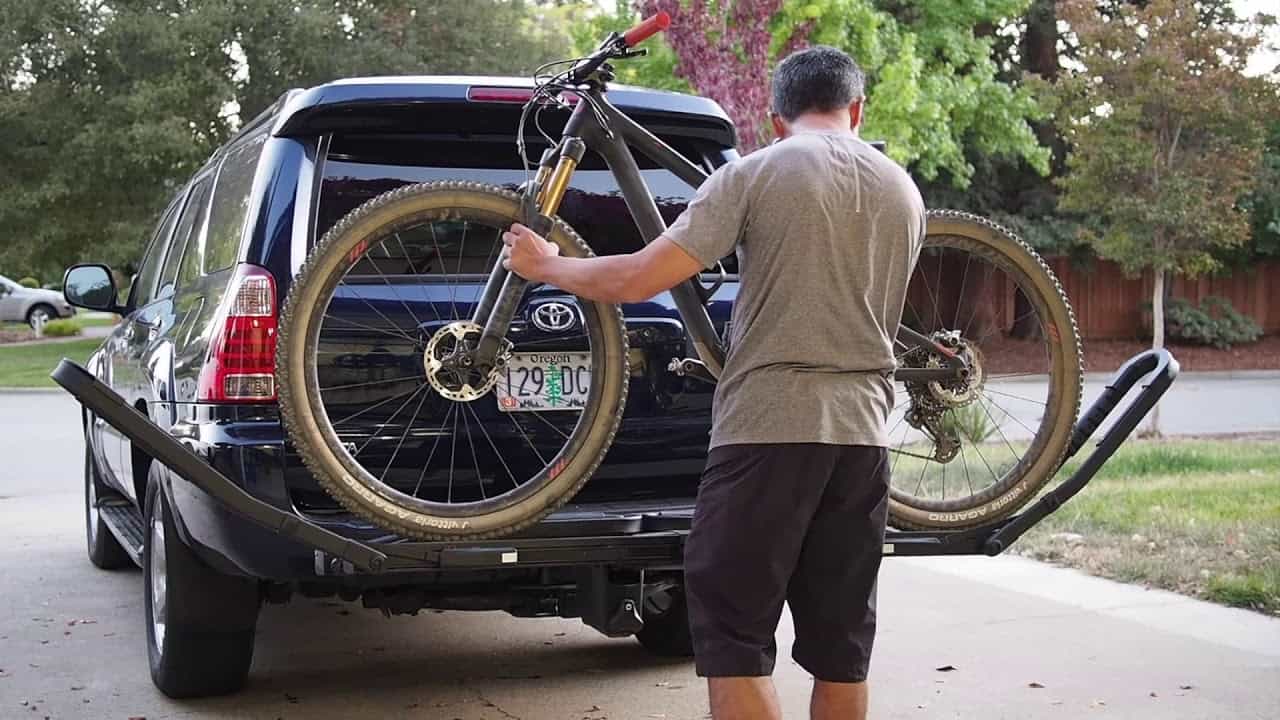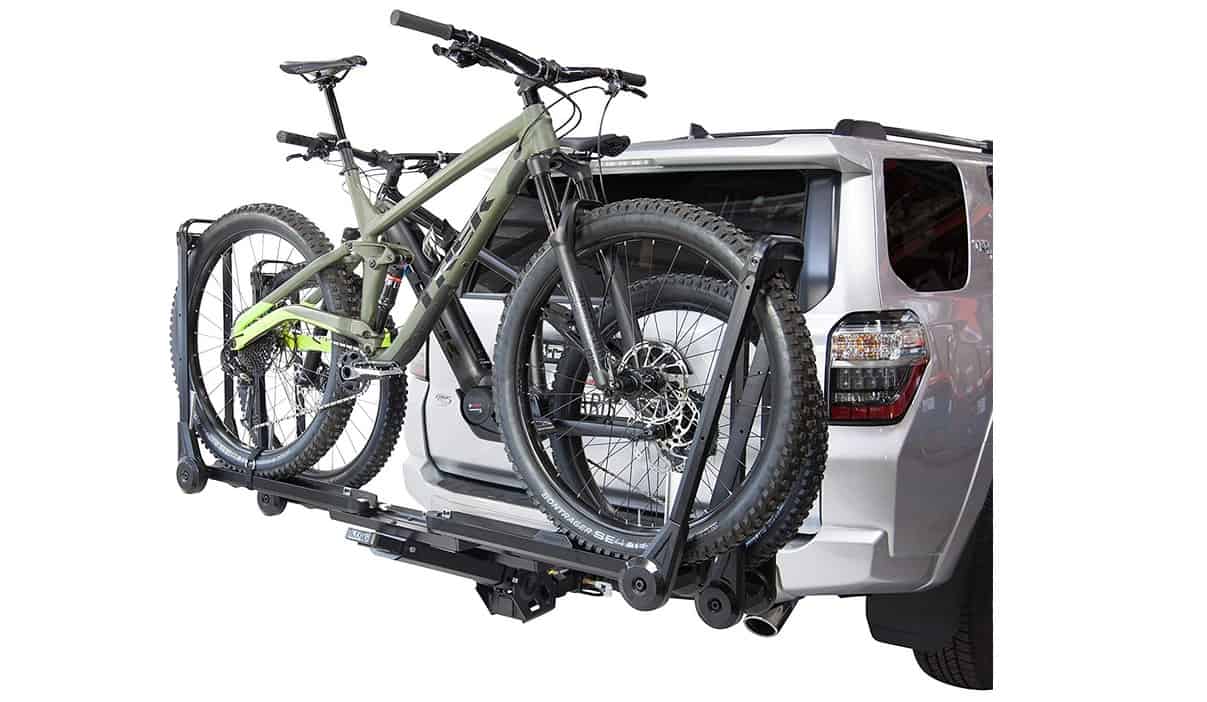The best RV battery offers a powerful deep cycle electricity to power the “house” portion of the RV for lights, appliances, and more – and no battery does as good a job of that as the Optima 8016-103 D34M, a unique hybrid battery that’s suited for a variety of tasks. Now, in case you want to shop for a new car, get great recommendations from our vehicles guide.
With 750 cold cranking amps (take a look at our RV battery buying guide below to learn more about these terms), this Optima battery is ready for anything immediately, but also rated as a deep cycle battery – with a reserve capacity of 120 minutes – for reliable long-term power throughout the day. Compare it to our other picks to learn more and find the right RV battery for you!
Top 5 Best RV Battery
#1 Optima 8016-103 D34M RV Battery
Award: Top Pick
WHY WE LIKE IT: Optima’s hybrid battery offers an incredible 55AH rating and 750 cold cranking amps for great performance. It’s ideal for use in an RV, but can also switch to marine purposes if necessary.
- High 55 amp hours for appliances
- Excellent durability and resistant to vibration.
- Spill Proof and maintenance free
- Probably won’t last as long as dedicated house batteries
Ordinarily, we wouldn’t recommend a marine battery for any RV purposes, as they are short-lived and designed primarily for starter activities, not as house batteries. But this house battery is an interesting exception: It’s a deep-cycle battery designed to function as an RV battery that also has excellent starter capabilities. This allows it to be used in both boats and RVS as needed.
The other big benefit to this versatile battery is its durability: It’s 15x more resistant to vibration than the average deep cycle battery to help prevent damage over its life. And while we don’t recommend using it as a starter battery, the 750 cold cranking amps rating means you won’t ever have to wait when it powers up your rig appliances. Speaking of cool RV toys, the best rv air conditioner will keep you cool in the summer.
#2 UPG 85980/D5772 RV Battery
We’re sorry, this product is temporarily out of stock
Award: Best Budget
WHY WE LIKE IT: A solid universal battery with a 35 amp hour rating, suited for a wide variety of tasks. It will help make smaller RVs comfortable homes with very reliable power generation!
- Great for long-term use
- Universal battery for easy switching between tasks
- Good choice for a backup battery
- Not a deep cycle battery, only suitable for small rigs
UPG is a particularly reliable brand for these kinds of batteries, and this highly affordable, 12-votl universal model is fit for a variety of tasks. It’s very simple design makes it easy to install and replace when necessary, easy for beginners to understand.
As it’s a universal battery, this UPG model can fit in all sorts of applications, making it the best choice for more versatile work. It’s only suitable for powering smaller RV rigs for shorter periods of time, but excellent for transferring over to a tiny cabin or fishing raft when you reach your destination. And don’t forget that the best rv solar panels can keep all of your gear juiced up.
#3 Odyssey PC680 RV Battery
Award: Best Quality
WHY WE LIKE IT: Its excellent design resists environmental damage and makes recharging a snap, while offering excellent cycle life. It’s a top choice for reliable RV power over the long haul.
- Fast recharging
- 70% longer cycle life for long-term use
- Great service and warranty options
- 16 amp hours may be a little lower for some uses
This nimble battery offers a 70% longer cycle life compared to conventional deep cycle batteries, and can last for up to 400 cycles at 80% discharge and with great stability. It offers a reserve capacity of 24 minutes, 16 amp hours, and 170 cold cranking amps for solid performance that’s ideal for long-term RV use.
It’s the best deep cycle battery we’ve seen, but it also has a particularly excellent design to resist both vibration and extreme temperatures and keep on going. If something goes wrong, there’s a limited 2 year full replacement warranty. When you get back home, the excellent recharging capabilities will have the battery back at capacity in 4 to 6 hours. The Odyssey’s excellent performance due to its design, battery capacity, and other features makes it a great option to provide much power to your RV and further build your backup power system for your next trip. As far as comfort in your RV, the best rv mattress will give you a good night’s sleep. When it comes to the smooth operation of your car’s engine, you need a good serpentine belt that produces less noise. Check out our best serpentine belt guide for great options.
#4 VMAX V35-857 RV Battery
Award: Best Durable
WHY WE LIKE IT: The military-grade plates inside this battery, along with the unique fiberglass mat design, ensures this battery will last a long time and recharge very reliably. This makes it a good choice for tougher tasks traveling in more extreme weather.
- Low maintenance requirements
- Absorbed glass matt substrate for better cycling and recharging
- Heavy duty plating to resistant internal damage
- Can be difficult to judge battery power level without experience
VMAX uses heavy duty lead tin alloys for this deep cycle battery, especially manufactured for strength, performance, and durability. It’s also one of the newer battery styles that uses an “absorbed glass matt” (AGM) substrate, which helps make recharging a bit more reliable and improves durability on its own – while minimizing maintenance tasks.
This deep cycle battery also sports a healthy 35 amp hours, and fast recharge time that will have you ready for the road in no time. If you want a battery built like a tank and as reliable as possible, this is an excellent choice! With a battery this reliable, you’re only missing the best trailer tires to be on the road for your next trip.
#5 UPG UB121000 RV Battery
Award: Best for Solar
WHY WE LIKE IT: It’s a well-designed battery with a 100 amp hour rating, designed to work with solar recharging to help save energy and recharge your house battery on the go. RVs with solar panels need a battery just like this!
- Low maintenance requirements
- Absorbed glass matt substrate for better cycling and recharging
- Can fit in a variety of configurations
- Dependent on solar power setups
- May require some extra installation
The Universal ub121000-45978 deep cycle agm battery is specifically designed for solar charging, an excellent choice for long-haul RV rigs that are equipped with solar panels. You don’t have to worry about extra maintenance or steps with UPG’s great design, and the amazing 100 amp hours will ensure that it has enough power for the day. RV owners can rely on this great RV deep cycle battery to keep the engine going so that you can focus on enjoying your trip.
The design is maintenance free and spill proof, so you can easily mount it in a way that fits in well with your solar kit. With such a great amp hour rating, one good day of sun can last for a couple days without a charge (depending, of course, on what you power), which also makes this the best RV battery for boondocking. Make sure to also check out the WindyNation 100AH 12V AGM Deep Cycle Sealed Lead Acid Battery, which is another great and durable power source for your recreational vehicle or for hauling a travel trailer. Note that this battery’s intended to provide power for deep cycle applications, and it does not function exactly the same as a starting battery. If you are also having difficulty selecting the right tire for your car, check out our best all season tires guide.
How We Decided
We began by narrowing down the best RV batteries based on the specs that were naturally the best in class. That meant looking for 12-volt deep cycle batteries that are designed for long-term work. Only these types of batteries have the durability and continuous power supply necessary for house RV work.
Then we looked at more variable features, like amp hours (AH) or reserve capacity. High amp hours – preferably above 20 – are a sign the battery is able to power more devices for a full day, and are a strong sign of battery quality. Reserve capacity says the same, but is measured in minutes at a certain amp output (we go into more depth on this below). This is also where we looked at how many hundreds of cycles batteries were rated for, and cold cranking amps, which is how many amps the battery can produce suddenly at a burst.
After this, we awarded points for extra features like innovative designs that make batteries easier to handle, or features that give batteries additional capabilities, like solar charging or hybrid marine batteries. Extra vibration resistant and temperature tolerance is also really nice to see on an RV battery.
Best RV Battery Buying Guide
The Most Important Features to Consider
- Amp Hours and Reserve Capacity
House batteries for RVs are typically rated by amp hours and reserve capacity – there are other specs, but these are two of the most important for comparison. Generally speaking, the more power the battery has, the better. Amp hours show many amps the battery can put out in a 20 hour period, and reserve capacity shows how many minutes the battery can support a 20-25 amp output before dropping below around 10.5 voltage. As you can see, these are two different ways of showing the same thing. As long as you understand the difference, either one can tell you a lot, but amp hours tend to be a more versatile – and therefore common – measurement. - Deep Cycling
RV house batteries should be “deep cycle.” But what does that mean? It means the battery is designed to steadily provide a continuous source of energy for a long time, and do it repeatedly for years. Don’t look for any battery that’s not rated for deep cycling tasks. Also note that a deep cycle battery should be cycled down to at least 50 percent discharge (ideally, below 20%) before you recharge it. For those without experience in these batteries, it can be difficult how far down the battery has cycled. Keep track of your hours of operation. Many batteries do have warning lights that turn on to indicate battery charge, but these aren’t usually accurate unless the battery is already fully disconnected from your rig and has been allowed to rest for a while. - Voltage
House batteries usually come in 6 or 12 volt sizes. Look for 12 volt batteries: This is what most RV rigs are designed for. Only unique small spaces are suitable for a 6 volt battery. - Flooded vs. Valve Regulated vs. Gel Cells
There are several different house battery cell designs, and this is worth a closer look because it can quickly grow confusing when you are looking at battery specs. - Flooded cells: These batteries use a traditional combination of lead, water and acid solutions. Some are sealed and not designed for DIY maintenance, while others have caps you can use to measure water and replenish liquids when necessary (this is also one way for the experienced to judge the power level of the battery.
- Valve Regulated Cells: These cells use a lead acid formula as well, but the liquid is regulated and the batteries are not designed for maintenance at all.
- Gel Cells: Gel batteries simply use a geal instead of water to suspend the electrolyte. These batteries tend to be more durable and tightly sealed, making them great for wet conditions. However, they can struggle with recharging over time and aren’t as good of a pick for RVs. An alternative form uses a fiberglass mat instead of a gel to help solve some of these problems, but this is a relatively new approach for the time being – although you will find one of them on our list!

![Best RV Battery in [year] ( [month] Reviews) 1 Best RV Battery](https://www.gadgetreview.dev/wp-content/uploads/best-rv-battery.jpg)


![Best RV Battery in [year] ( [month] Reviews) 2 OPTIMA Batteries High Performance D34M BlueTop Dual...](https://m.media-amazon.com/images/I/41unK8zUNQL._SL160_.jpg)
![Best RV Battery in [year] ( [month] Reviews) 4 ODYSSEY ODYODS-AGM16L, red top](https://m.media-amazon.com/images/I/41zq71njBXL._SL160_.jpg)
![Best RV Battery in [year] ( [month] Reviews) 8 Our #4 Pick is the VMAX V35-857 RV Battery](https://m.media-amazon.com/images/I/51yRDspRW2L._SL160_.jpg)
![Best RV Battery in [year] ( [month] Reviews) 9 Our #5 Pick is the UPG UB121000 RV Battery](https://m.media-amazon.com/images/I/51X8zve0j1L._SL160_.jpg)



![Best Batteries for Electric Bikes in [year] 11 Best Batteries for Electric Bikes in 2025](https://www.gadgetreview.dev/wp-content/uploads/best-battery-for-electric-bike.jpeg)
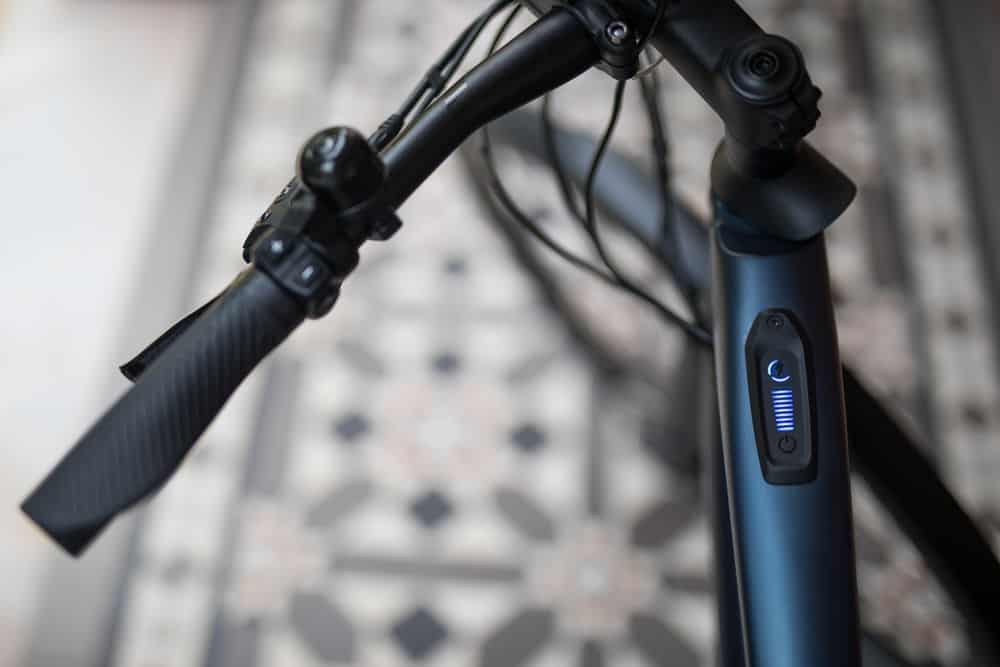
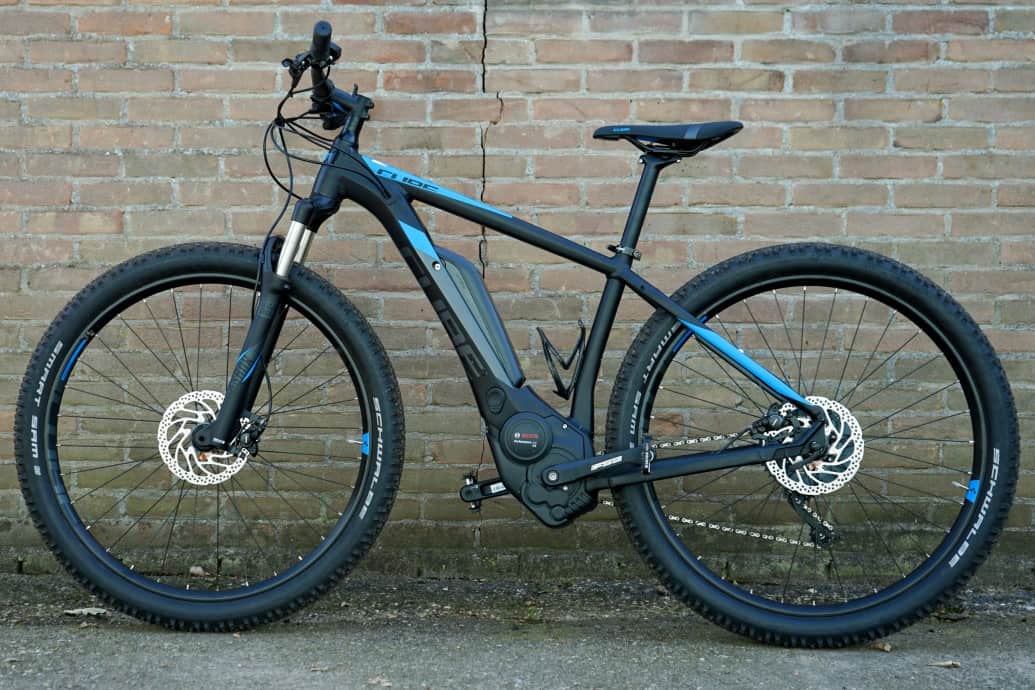
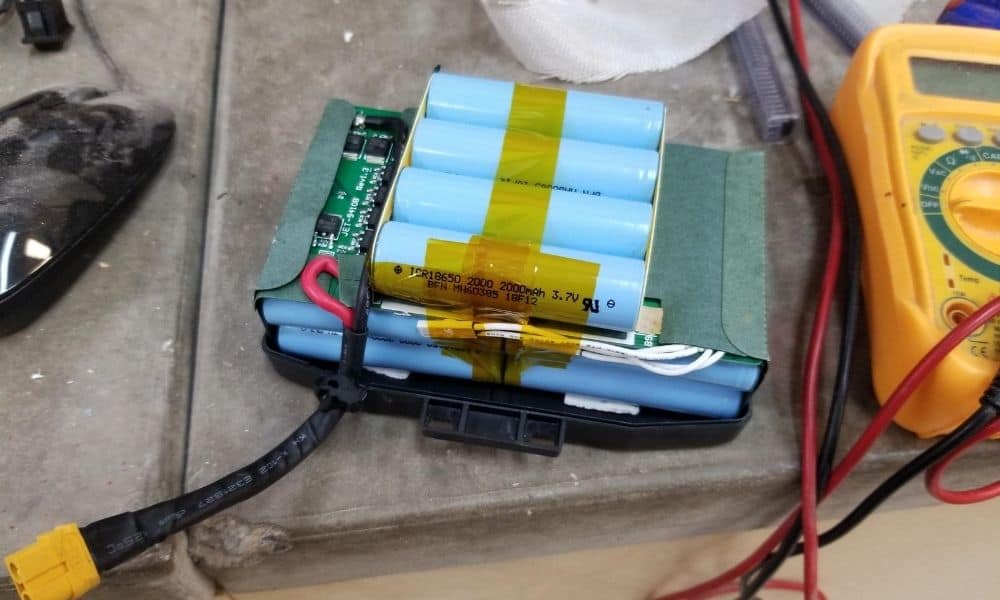

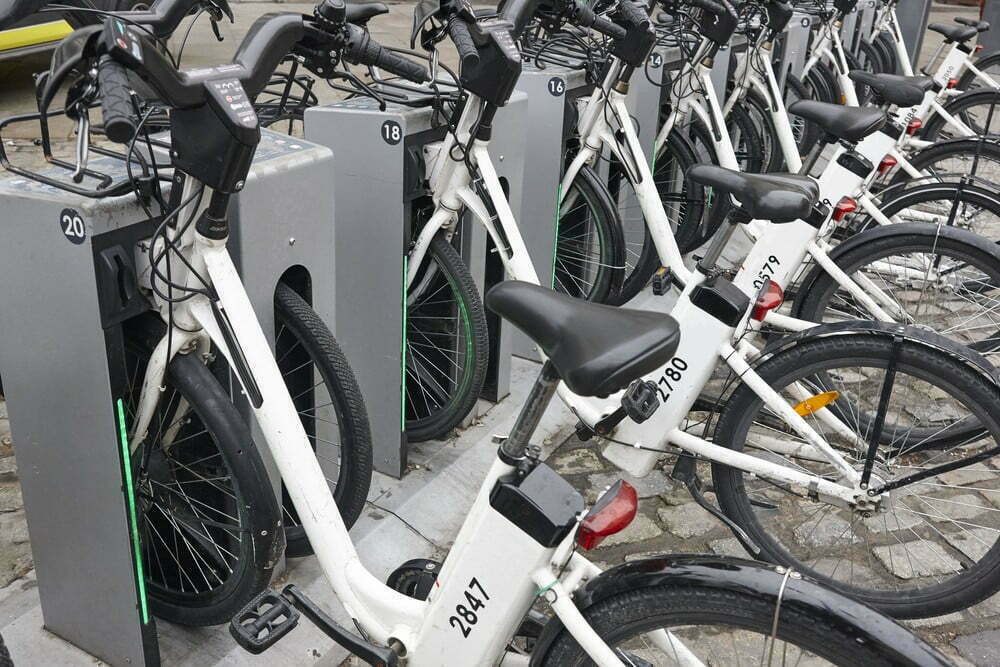



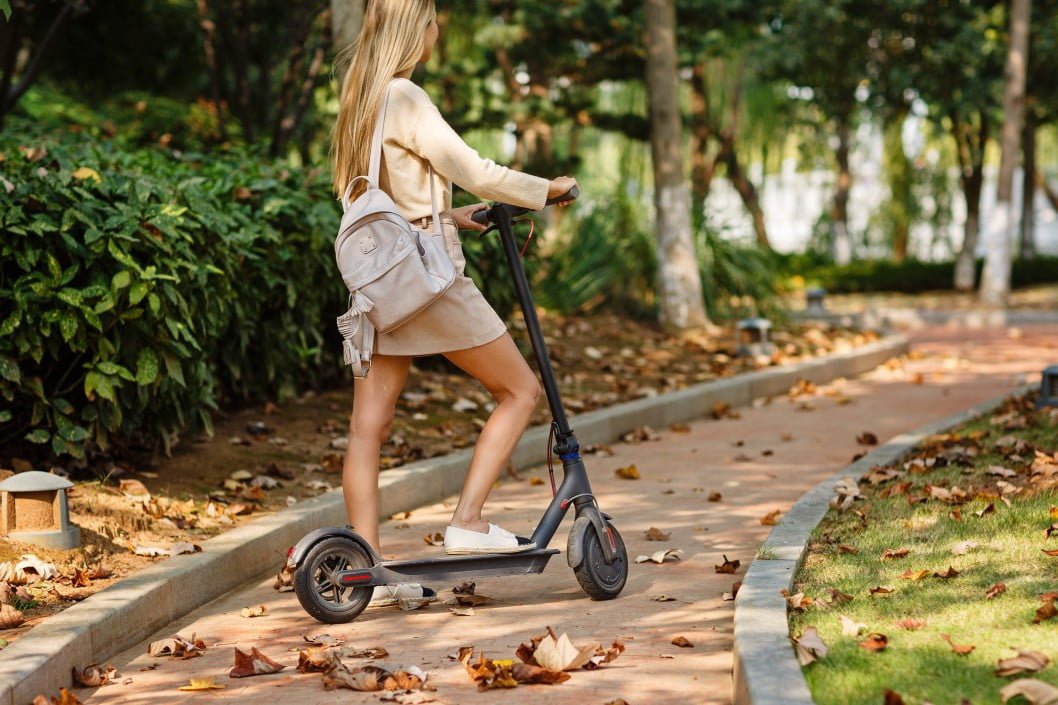
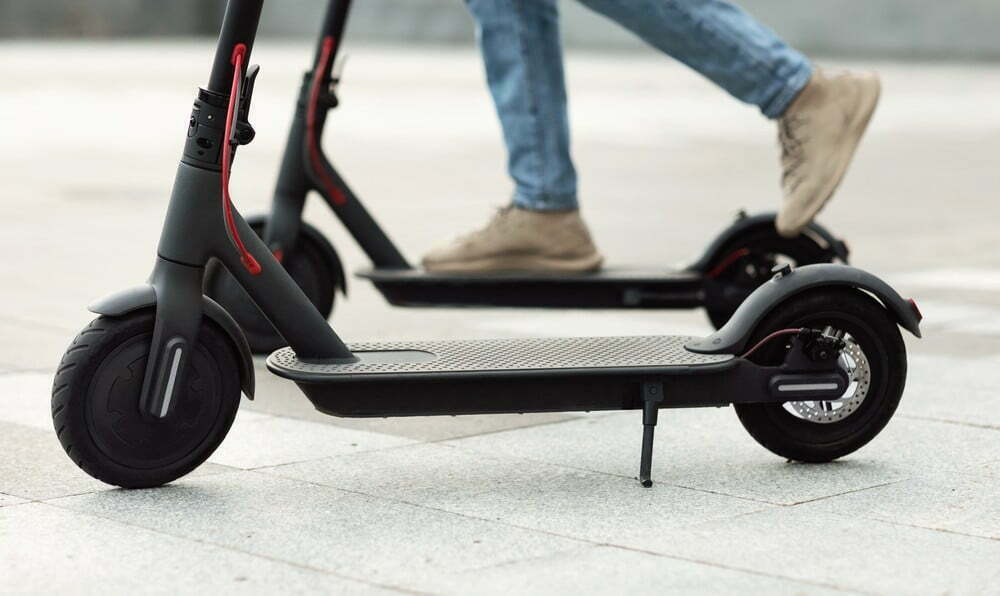


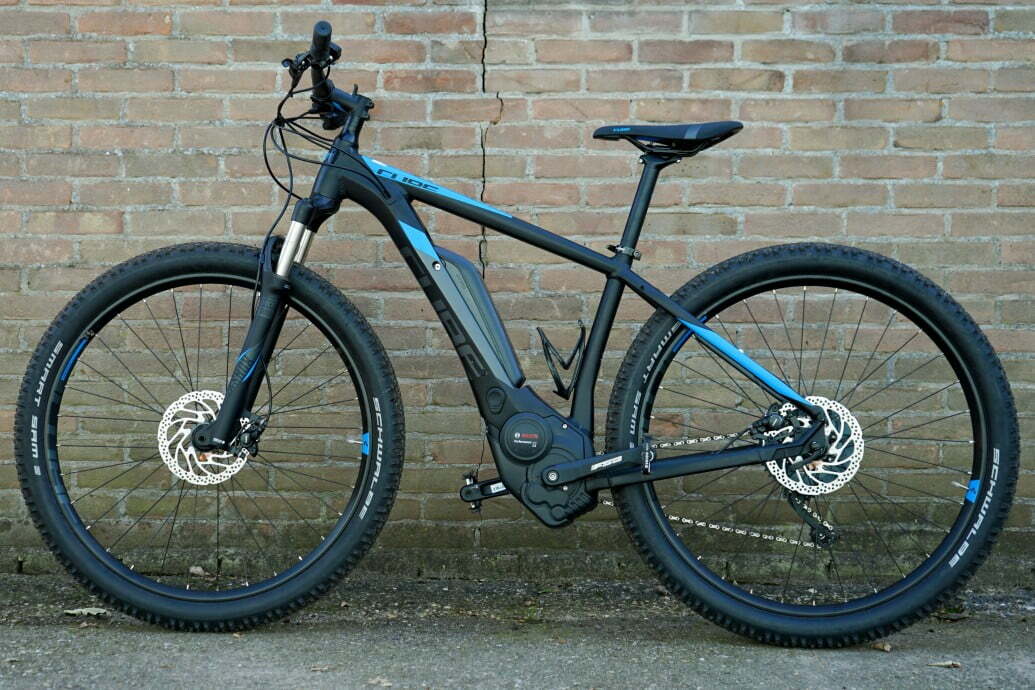


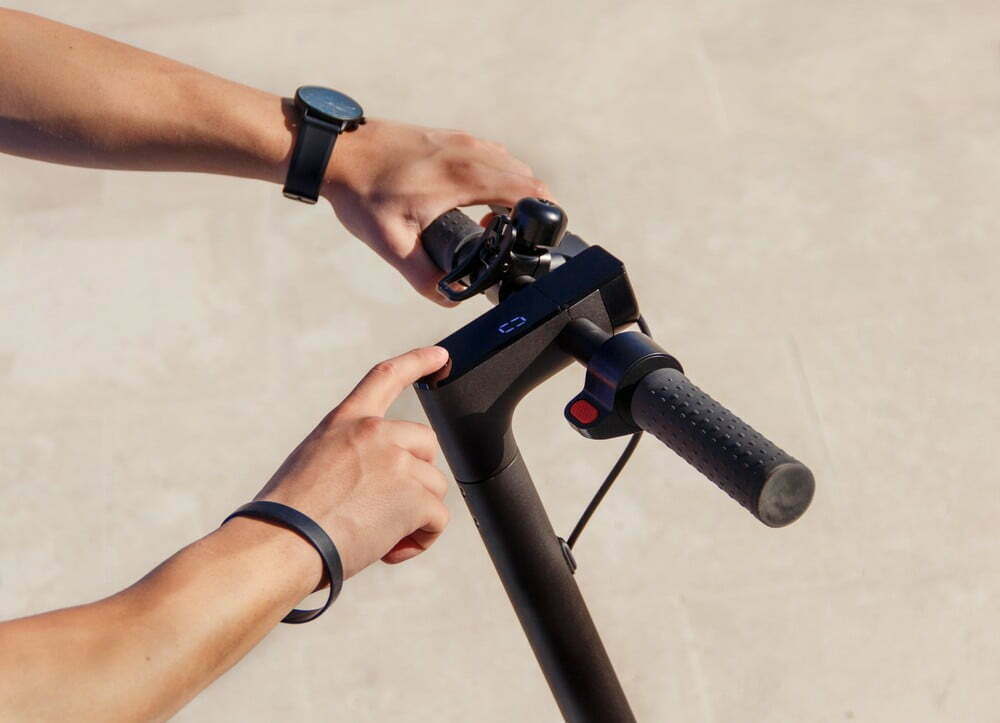

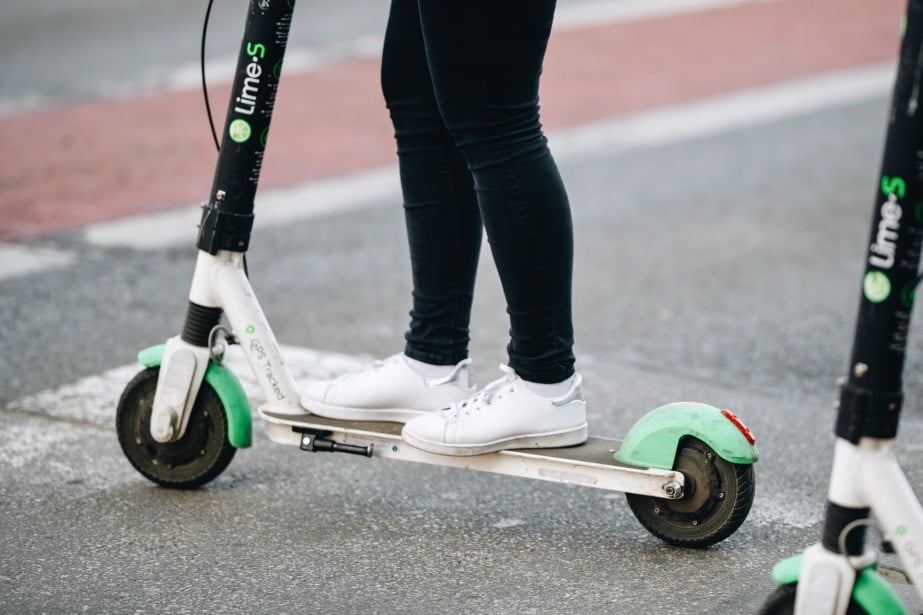
![Best Jump Starter in [year] ([month] Reviews) 30 Best Jump Starter in 2025 (April Reviews)](https://www.gadgetreview.dev/wp-content/uploads/best-jump-starter.jpg)
![Best Luxury Cars in [year] ([month] Reviews) 31 Best Luxury Cars in 2025 (April Reviews)](https://www.gadgetreview.dev/wp-content/uploads/Mercedes-Benz-S-Class-750x282-1.jpeg)
![Best Electric Cars in [year] ([month] Reviews) 32 Best Electric Cars in 2025 (April Reviews)](https://www.gadgetreview.dev/wp-content/uploads/Tesla-Model-3-Electric-Car-750x361-1.jpg)
![Best Electric Bike in [year] ([month] Reviews) 33 Best Electric Bike in 2025 (April Reviews)](https://www.gadgetreview.dev/wp-content/uploads/elby-s9-750x422-1.png)
![Best Bikes in [year] ([month] Reviews) 34 Best Bikes in 2025 (April Reviews)](https://www.gadgetreview.dev/wp-content/uploads/cheapest-electric-bikes-1.jpg)
![Best Cars in [year] ([month] Reviews) 35 Best Cars in 2025 (April Reviews)](https://www.gadgetreview.dev/wp-content/uploads/best-cars.jpg)
![Best 10 Inch Hoverboards in [year] 36 Best 10 Inch Hoverboards in 2025](https://www.gadgetreview.dev/wp-content/uploads/best-10-inch-hoverboard-image.jpg)
![Best Single Wheel Hoverboards in [year] 37 Best Single Wheel Hoverboards in 2025](https://www.gadgetreview.dev/wp-content/uploads/best-single-wheel-hoverboard-image.jpg)
![Best Waterproof Electric Scooters in [year] 38 Best Waterproof Electric Scooters in 2025](https://www.gadgetreview.dev/wp-content/uploads/best-waterproof-electric-scooter-image.jpg)
![Best Front Drive Electric Motor Bikes in [year] 39 Best Front Drive Electric Motor Bikes in 2025](https://www.gadgetreview.dev/wp-content/uploads/best-front-drive-electric-motor-bikes-image.jpg)
![Best Cannondale Electric Bikes in [year] 40 Best Cannondale Electric Bikes in 2025](https://www.gadgetreview.dev/wp-content/uploads/best-cannondale-electric-bikes-image.jpg)
![Best Luna Cycle Electric Bikes in [year] 41 Best Luna Cycle Electric Bikes in 2025](https://www.gadgetreview.dev/wp-content/uploads/Luna-Cycle-Apex-Electric-Bike.webp)
![Best Rad Power Electric Bikes in [year] 42 Best Rad Power Electric Bikes in 2025](https://www.gadgetreview.dev/wp-content/uploads/best-rad-power-electric-bikes-image.jpg)
![Fastest Electric Scooters for Adults in [year] 43 Fastest Electric Scooters for Adults in 2025](https://www.gadgetreview.dev/wp-content/uploads/fastest-electric-scooter-for-adults-image.jpg)
![Best Motorcycles in [year] ([month] Reviews) 44 Best Motorcycles in 2025 (April Reviews)](https://www.gadgetreview.dev/wp-content/uploads/Indian-FTR-1200-S-750x486-1.jpg)
![Best Rear Drive Motor Electric Bikes in [year] 45 Best Rear Drive Motor Electric Bikes in 2025](https://www.gadgetreview.dev/wp-content/uploads/best-rear-drive-motor-electric-bikes-image.jpg)
![Best 8 Inch Hoverboards in [year] 46 Best 8 Inch Hoverboards in 2025](https://www.gadgetreview.dev/wp-content/uploads/best-8-inch-hoverboard-image.jpg)
![Best Dual Motor Electric Scooters in [year] 47 Best Dual Motor Electric Scooters in 2025](https://www.gadgetreview.dev/wp-content/uploads/best-dual-motor-electric-scooter-image.jpg)
![Best Electric Scooters with Suspensions in [year] 48 Best Electric Scooters with Suspensions in 2025](https://www.gadgetreview.dev/wp-content/uploads/best-electric-scooter-with-suspension-image.jpg)
![Best Car Stereo in [year] ([month] Reviews) 49 Best Car Stereo in 2025 (April Reviews)](https://www.gadgetreview.dev/wp-content/uploads/best-car-stereo-image.jpg)
